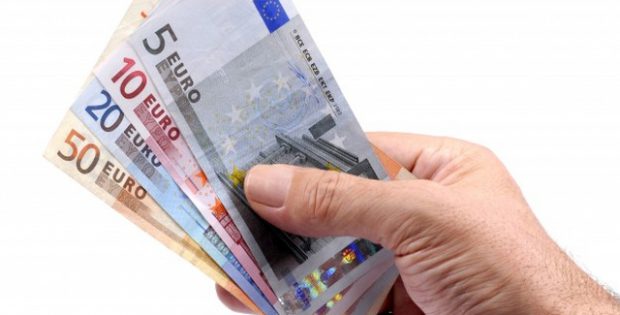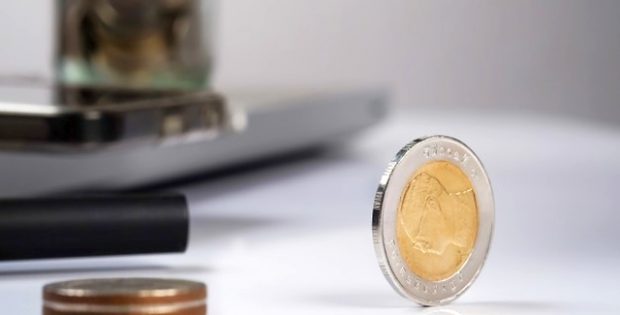
How to tell if Debt is Good or Bad
We often hear things about good and bad debt. We think that we are okay to have good debt but we should not have bad debt. However, it is not always that easy to tell the difference between good and bad debt, so how do we decide?
Some debt is very easy to classify. If you decide to use a student loan to go to university, then this would be considered good debt as the repayments are means tested, then you only have to pay it back when you can afford to. The debt is also written off after thirty years. If you use an unauthorised overdraft to buy a new mobile phone, when you already have one that works and you do not think about the cost of the borrowing, just about getting the phone, then this would be bad debt.
The problem with most types of debt is that it is not really easy to classify whether it is good debt or bad debt. There are so many types of borrowing and so many circumstances when you borrow that there is not just one set of good and one set of bad debt.
It is always important to think hard about debt before you use it. Make sure that you consider whether you really need to borrow the money; whether what you are spending on is really necessary or whether you can wait until you can save up or until you next get paid before buying it. Then you need to consider which type of loan you need. There are lots of different ways to borrow money and you need to make sure that you are using the best one for the amount of money and the purpose that you are borrowing. Once you have considered this, then you need to compare different lenders and see which one can give you a loan at the best rate. You also need to think about which lender you think offers the best service as well as the best price so that you get the best value for money. Lastly, you need to think about the repayments. Consider what you can afford in the way of repayments and whether the loan that you have chosen is affordable for you. If you are not sure whether you will be able to manage the repayments then take a look at previous bank statements and specifically what you tend to earn and what you tend to spend in a month and see whether there will be enough left over to repay the loan. If you have a credit card or store card, then you may think that you will not need to worry about this however you will need to pay it back eventually and the longer you leave it, the more expensive it will be. If you think hard about all of these things then it is more likely that you will be taking on good debt.
It is easy to think that the main difference between good and bad debt can be what you are using the money for. Perhaps good debt would be a mortgage to buy a house and bad debt an overdraft to buy some jewellery. However, things are never quite that straight forward. We never buy things without good reason and so we need to think about why we need the items and whether we can justify the expense of borrowing money to pay for them. Whether we can or not will very much depend on how much of a risk taker we are and our general attitude towards money. We will need to weigh up the pros and cons and think about whether we personally feel that borrowing is the right decision for us.
Really, as long as it has been a decision that we have considered carefully, we can afford the repayments and we understand the consequences of it, then it could be considered to be good debt. If we are spending without considering the consequences and not really thinking about what we are buying and why we are buying it, then this is bad debt. It can be difficult still to decide, so it can often be wise to discuss your decision with friends and family to see what they would do in that situation.

